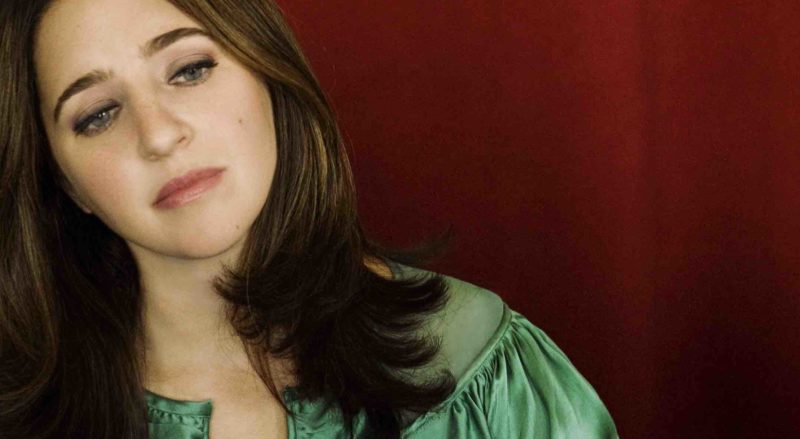INTERVIEW: Simone Dinnerstein to explore connections between Glass, Schubert
Celebrated pianist Simone Dinnerstein will offer a unique evening of music that highlights the careers and influence of Philip Glass and Franz Schubert. The performance, which will take place Thursday, Jan. 18 at New York City’s Miller Theatre, also serves as a tribute to Glass, who is being fêted this year for his 80th birthday.
On the program are Glass’ Selected Etudes and 1988’s Metamorphosis. Schubert is represented with Impromptus, Op. 90 from 1827 and Sonata in B-flat Major from 1828.
Dinnerstein has become well known for a number reasons, especially her recording of Johann Sebastian Bach’s Goldberg Variations. She has played most of the major concert halls of the world, including Carnegie Hall in New York City, the Konzerthaus in Vienna and the Kennedy Center for the Performing Arts in Washington, D.C.
One of the most interesting bullets on her résumé is her work for the Piatigorsky Foundation, an organization dedicated to bringing classical music to non-traditional venues. She has played music in a Louisiana state prison and the Maryland Correctional Institution for Women. She also raises money for public school music programs through her organization, Neighborhood Classics.
Recently, Hollywood Soapbox exchanged emails with Dinnerstein about the special performance of Glass + Schubert. Questions and answers have been slightly edited for style.
What do you find interesting and challenging about the music of Glass?
One of the elements that I find the most compelling and the most challenging about Glass’ music is the quality it has of moving at its own pace. The music can unfold very slowly, and the variations in patterns are subtle and powerful. It requires both the performer and the listener to be very present and aware of each moment.
What do you see as the connections between the music of Glass and Schubert?
Both composers use harmonic progressions and rhythmic and melodic patterns to great effect. By simply changing one note in a harmony, the color of the entire phrase shifts. Their music is circular — it spirals and unfolds.
What goes into the rehearsal for a performance like this?
This concert requires a great deal of stamina because I play each half of the program with no pause between the pieces. I have to practice each individual piece and also all of them together so that I can feel the pacing.
You have presented a lot of music in non-traditional venues thanks to your work with the Piatigorsky Foundation. Why is this important to you?
I believe in the mission of the Piatigorsky Foundation, that music is for everyone. There is a misconception that classical music is elitist and only speaks to listeners who have been schooled in its traditions. I think classical music speaks to everyone and is relevant to our society now, that the art music tradition is another way that we have of making sense of the world.
At what age did you realize piano would be a lifelong passion?
I started taking lessons when I was 7 and immediately knew that I had found my language.
By John Soltes / Publisher / John@HollywoodSoapbox.com
Simone Dinnerstein will present Glass + Schubert Thursday, Jan. 18 at New York City’s Miller Theatre. Click here for more information and tickets.
(Photo courtesy of Lisa Marie Mazzucco.)

